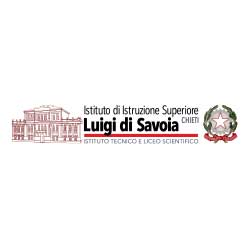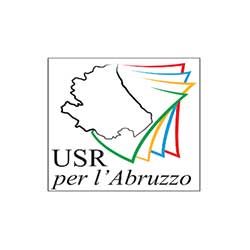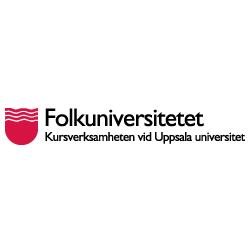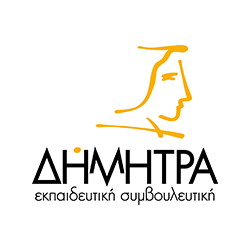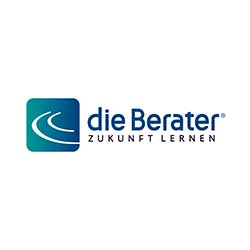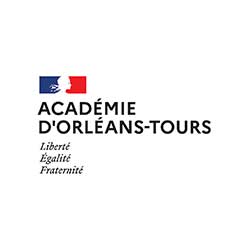I.L.D.E.
Integrated Learning and Digital Evaluation
The only exceptions are Austria and Norway where these competences are normally tested at all levels of education. It is also clear that thus far in Europe the assessment of the impact of digital competences is rather varied and that there is currently no instrument available to teachers based on a QA system that allows for appropriate evaluation. And furthermore after that, it is not known what is the real impact of the use of digital mediators in improving the learning outcomes of the disciplines in particular of L1.
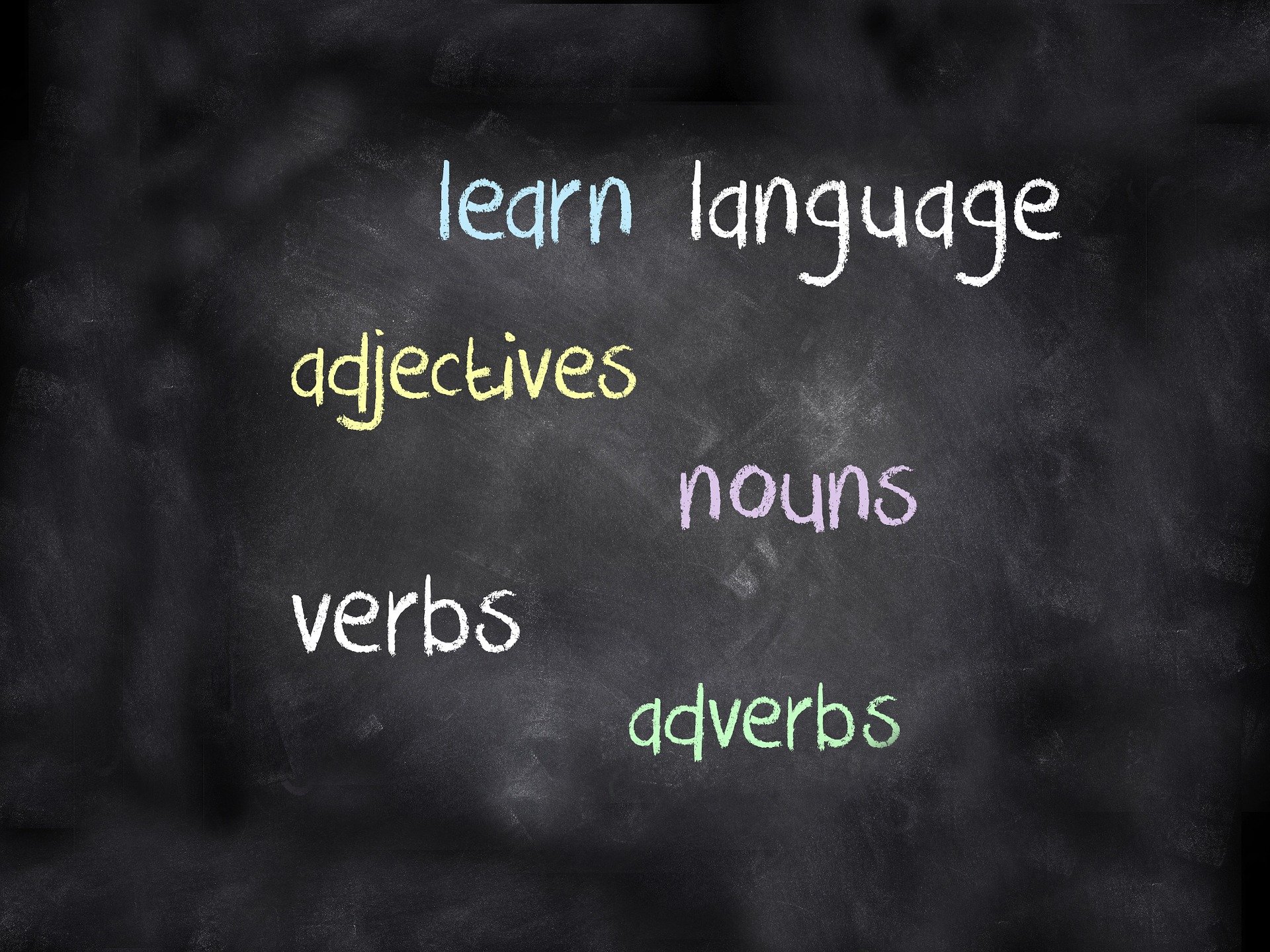
Objectives
After this premise, the project intends to determine the effectiveness of the use of digital technologies and digital critical literacy in the field of education and vocational training. Especially, the focus will turn to the assessment of the ICT impact on mother tongue language teaching (L1) and foreign language teaching (L2 - English) in the various grades of secondary education and vocational training. The educational systems of the target countries will be taken into account.
Therefore the project will promote a deep reflection on the validity of tools to measure the effects of digital development on social welfare in general and on the school system by seeking mechanisms for more effective integration of digital technologies in teaching and learning.
Intellectual Outputs
Intellectual Output 1 - IO1
After an initial phase of study and research (document analysis focused on the present situation, case studies, qualitative interviews, etc), the partnership will work on the creation of a digital based curriculum focused on the two humanistic subjects mentioned above according to a QA model and a non-digital competence based curriculum.
This will represent the first Intellectual Output (IO1) of the project.
Intellectual Output 2 - IO2
Practical tools based on IO1 implementing QA + L1/L2 DIGCOMP models addressed to teachers and students will be collected in a Toolkit which will be considered the second Intellectual Output (IO2) of the project.
Remarking that DIGCOMP is a common European reference framework that identifies digital competences in terms of knowledge, skills, and attitudes, what this project intends to do is modulate skills at the several school levels by creating a vertical curriculum following the mentioned Digcomp model.
Each partner will produce a report on the testing IO1 and IO2 in their own countries on the basis of which FU-Uppsala will elaborate the Comparative Report about impacts and effectiveness of IO1 and IO2 on the partners’ QA systems.
After gathering feedback from the partners hence the revision of IO1 (Savoia – IT) and IO2 (Die Berater – AU), the final versions of IO1 (a set of Guidelines) and IO2 will be achieved.
Intellectual Output 3 - IO3
An International learning activity (C1) is planned for Toolkit staff training led by Die-Berater in Austria which will lead the participants to acquire knowledge and abilities for the local training in their own countries.
A piloting test will be the next crucial stage consisting in the comparison of the two learning pathways applied to two groups of students in the partners countries:
- a first group of approx 100 students will undergo the integrated digital toolkit curriculum in the two disciplines selected (integrated digicomp classes)
- a second group of the same number of students, instead, will keep to an ordinary competence based study programme with no digital tools involved (digizero classes).
The result of the above comparison will lead to the third Intellectual Output (IO3).
Funding

The European Commission's support for the production of this publication does not constitute an endorsement of the contents, which reflect the views only of the authors, and the Commission cannot be held responsible for any use which may be made of the information contained therein.







